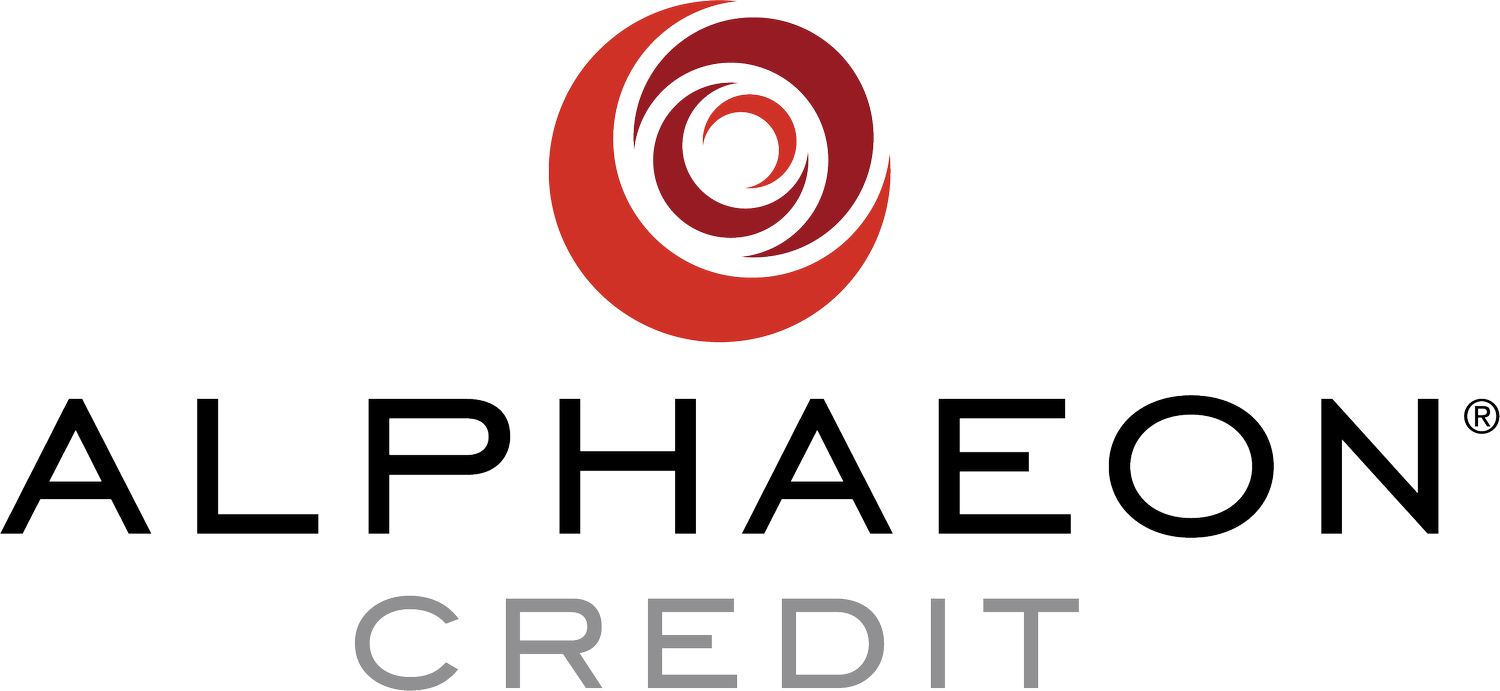How to Avoid and, if Necessary, Win Disputes
A conversation with Tina Jones, Concierge Dispute Manager for ALPHAEON CREDIT
Payment disputes happen. You work hard to make sure every patient is happy with their outcomes, but sometimes certain patients still aren't satisfied. And when that happens, they occasionally refuse to pay for their treatment and procedures.
We sat down with Tina Jones, who handles the dispute process for ALPHAEON CREDIT to discuss how your practice can avoid disputes and be ready when they do occur.
Q: So why might a practice receive a dispute, and how does a patient submit one?
TJ: Typically, a dispute occurs when a patient receives a bill, and for some reason, they don't agree with the charge. Often, disputes arise when a patient is charged for surgery before services are rendered, so they're a little bit shocked when they get a bill in the mail for a procedure or treatment that hasn't been performed yet.
When a dispute is filed, a patient will call into the bank and speak to one of the representatives. The patient will say, "I didn't have the service" or "I didn't agree to the cost" or "I should not have to pay this amount." At that point, the bank will open up a dispute case.
Q: What happens next?
TJ: Initially, the bank will contact the practice directly through a secure email portal. They will ask for documents proving the patient agreed to the charges, such as a signed sales receipt. Sometimes, the office didn't refund a patient when they should have, and a refund is due minus any non-refundable fees. In those cases, the practice simply refunds the patient. (Note: It's still important to have those documents on hand, even when services were never rendered.)
Q: What happens if the office doesn't respond?
TJ: A response is required within ten days, failure to do so can result in a chargeback.
However, if the office doesn't respond initially or the issue is complicated, the bank will reach out to the team at ALPHAEON CREDIT to help get the dispute resolved within the ten-day window.
If we get involved, ALPHAEON CREDIT acts as your concierge and guides you through the dispute process. We will walk you through the steps of either processing a refund or getting the correct documentation to avoid a chargeback.
Q: So, how does a practice avoid chargebacks?
TJ: There's only two things that are needed to find in favor of the practice: a signed ALPHAEON CREDIT sales receipt and the patient's identification information (the type of ID, expiration date, and state-issued) written on the sales receipt or a photocopy of the patient's government-issued ID.
Occasionally additional documentation will be requested, such as a copy of your cancelation policy or charges incurred by the practice before the patient's procedure or treatment.
Q: Assuming the practice has those two documents, you find in the practice's favor 100% of the time?
TJ: In my experience, yes. If you have a cancelation policy or have non-refundable deposits, that's fine, we can find in your favor as long as the patient understood and agreed to those charges by signing the sales receipt.
Q: So, the key to avoiding a chargeback is keeping track of those sales receipts and making sure the patient understands your practice's policies?
TJ: Correct. It's important that the patients understand what they're signing up for and your cancelation and refund policies. I should also mention that you need to keep those sales receipts for 72 months after the transaction.
Q: How do you avoid disputes in the first place?
TJ: The best way is communicating clearly, verbally, and in writing with your patients. They must understand the exact amount that is being processed as well as when it will be processed. We know that offices require funds before surgery, and by all means, we want practices to receive the funds when they need them. But when patients start receiving bills before services are rendered, disputes increase.
Q: Is that why you ask practices to avoid pre-funding more than 30 days before the procedure or treatment?
TJ: Prefunding is the leading cause of disputes. We ask that practices not process transactions more than 30 days before the procedure or treatment will occur.
Q: How else can practices avoid disputes?
TJ: It's all about communicating with patients. Another issue we see is patients not understanding when their promotional periods end. They'll dispute that charge, saying they were unaware. Make sure patients understand that their promotional period starts immediately. For example, if they sign up for a 12-month deferred interest promotion, the patient must pay off the entire balance within exactly 12 months from the transaction date, or they will be charged interest even if their monthly statement has a different due date.
Q: How does ALPHAEON CREDIT's dispute process differ from other patient financing companies?
TJ: The difference about ALPHAEON CREDIT's process is the concierge-level service you receive from our team when it comes to a dispute. Our bank isn't going to send an email or fax and chargeback your account without your knowledge. With ALPHAEON CREDIT, we're going to reach out to you with phone calls, emails, however, we can, to have that conversation about that patient and see what we can do to resolve the issue quickly and fairly for all involved.


